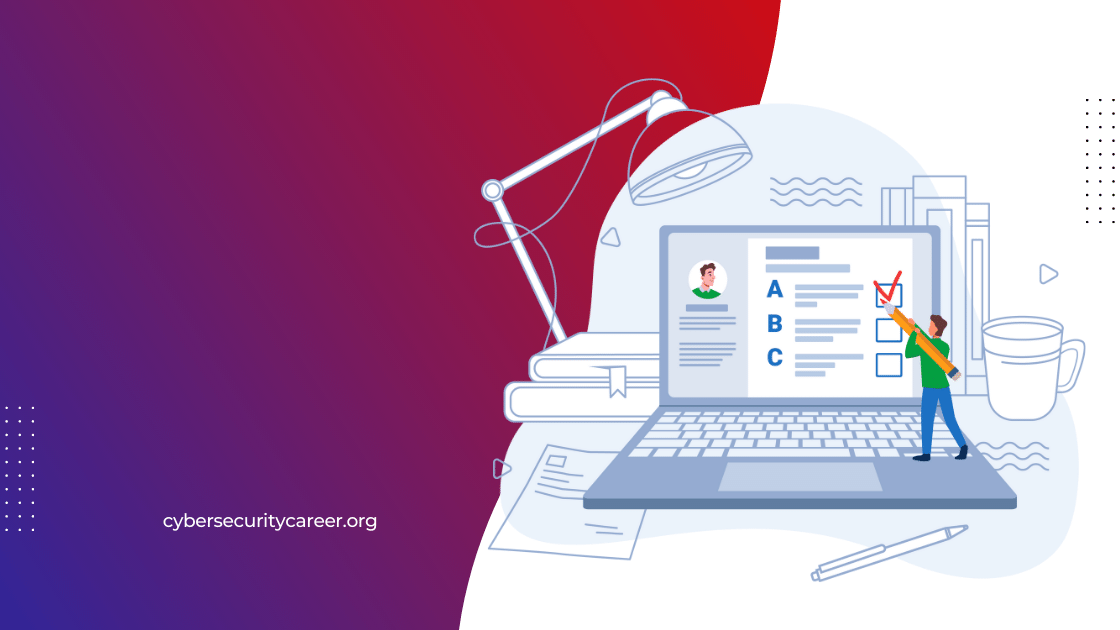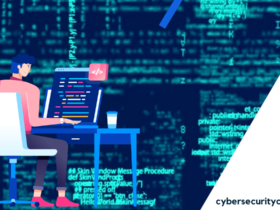Cyber Private Investigator are modern-day sleuths, adeptly traversing cyberspace in search of evidence to protect clients against threats online. Crossroads Investigations offers private investigation services dedicated to digital forensics, online surveillance and data analysis as an antidote for cybercrime.
Digital private investigators specialize in gathering evidence for cases related to family law, infidelity, domestic disputes, fraud and employment matters as well as using trace data to locate people.
Insurance Defense
With cybercrime on the rise, private investigators who specialize in online data must remain up-to-date with emerging technologies and techniques to effectively combat it. They must also remain current on changes to state laws regarding what data can and cannot be collected using newer technologies.
Background private investigators can access databases of information, including criminal records and addresses, that provide useful insight for domestic or fraud investigations. Digital private investigators, on the other hand, can track someone’s web activity to see which dating or escort services websites they visit – providing valuable clues in infidelity investigations.
Cyber investigators work in close conjunction with law enforcement to bring cybercriminals to justice, as well as developing strategies against emerging technologies that hackers might exploit.
Due to their unique responsibilities, private investigators who specialize in cyber crimes require specific insurance coverage against liability issues. A cyber PI should carry cybersecurity and privacy liability coverage.
Cybersecurity insurance protects businesses against financial losses associated with cyber attacks, such as unintended disclosure of personal information and revenue loss due to data breach downtime. A solid policy should provide defense costs coverage as well as fines and penalties related to a cyber attack; additionally it should cover repairs or replacement of technology assets that have been compromised as well as expenses associated with privacy investigations or litigation proceedings.
Any business that handles sensitive data – such as financial and medical records, credit card numbers or social security numbers – should secure privacy liability coverage as a matter of course. Policies should cover liability imposed under state and federal privacy laws (GDPR included) as well as cover the expense associated with hiring a privacy officer to handle regulatory inquiries and lawsuits that could arise from data breaches.
Worker Compensation
Workers’ compensation systems are an integral component of society; unfortunately, however, some individuals abuse it by filing false or exaggerated injuries claims that cost insurance companies millions and ultimately pass onto small business owners through higher premiums. Private investigators specializing in workers’ comp fraud often employ surveillance to detect instances of fraudulent workers’ comp claims.
Private investigators can use photographic or videography evidence of someone engaging in activities outside the restrictions imposed by their doctor due to an occupational injury claim. If an insurer sees evidence that an injured worker is engaging in activities inconsistent with his claim, they may request for their doctor to review their case and potentially deny them benefits.
Private detectives conduct interviews with friends and neighbors of individuals to gather more information about their activity. Investigators may conduct background checks on individuals filing workers’ compensation claims to see if other similar claims have been filed previously, as well as checking up on widows to ensure they have not remarried since receiving benefits from the company.
Cyber private investigators can also be used to investigate fraud in the workplace, including phishing scams and identity theft. Businesses may hire these private detectives to uncover suspicious activity by reviewing electronic evidence, tracking phone records, monitoring social media accounts and conducting interviews and surveillance to gain more information about an incident as well as taking photos or videos that can assist them with identifying suspects.
Given their sensitive and confidential work environment, private investigators must carry professional liability insurance. This form of cover protects them against claims of negligence or misconduct; for example if an investigator provides inaccurate or incomplete information which leads to their client making poor decisions then legal fees and expenses can be covered through their coverage policy. A good private investigator needs both knowledge of law as well as skills and equipment for surveillance, interviewing, and data collection.
Phishing Simulation Training
Phishing simulation training is a tool used by organizations to help employees learn to identify cyberattacks and recognize them. It works by sending employees realistic phishing emails that resemble real threats – these often contain links leading to fake login pages, malware downloads or require sensitive data submission. By reporting suspicious phishing emails immediately staff can thwart cyber attacks before they even happen.
Phishing simulation is an invaluable addition to security awareness training tools. It allows people to gain experience spotting phishing attacks and learn how to respond, but it must also be remembered that attacks from this nature will continue – this requires regular phishing simulations so as to keep up with evolving threats while testing employees’ ability to spot them.
Cyberattacks have evolved rapidly over time, with phishing scams becoming one of the leading causes of data breaches. Many companies are investing in phishing simulation software to educate their employees about cybersecurity; such solutions can identify vulnerable personnel while raising awareness of phishing threats.
Most experts advise combining phishing simulation training with other security awareness programs to maximize its impact. This combination can reduce employees’ vulnerability to phishing attacks while strengthening overall cybersecurity posture and creating a security-conscious culture.
Phishing simulation testing should take place regularly – at least four times each year – enabling your team to measure its progress over time and make necessary modifications as required. In addition, it’s crucial that you track how many simulations have been clicked upon as well as the percentage of people reporting an attack post-phishing simulation test.
Communication results to an organization is also crucial so that everyone can see progress being made, motivating people and instilling confidence that they’re taking steps necessary for the health and prosperity of their organization. Results should be shown as aggregate figures rather than single out any individuals or departments; this ensures all team members remain on the same page regarding where they stand in relation to others in their team.
Cybersecurity
Cybersecurity refers to the practice of safeguarding computers, networks, and data against cyberattacks. This covers an array of activities from protecting software against viruses to installing security policies to stop data breaches; cyber security also involves protecting against identity theft, financial fraud and any other crimes that can occur through electronic means.
Private investigators with cybersecurity backgrounds can assist clients by working closely with law enforcement to identify and prosecute cybercriminals. Furthermore, they offer a range of other services that mitigate risk and help prevent future attacks, including conducting digital forensics to identify any potential threats or assist in incident response, threat intelligence gathering or vulnerability assessments – even training employees on how to detect and respond to cyberattacks.
Because cyberattacks have become an increasing risk, companies are hiring private investigators and cybersecurity specialists to reduce risk and assist with risk mitigation. These services include providing phishing simulation training, penetration testing and attack surface analysis among others. A cybersecurity specialist may also help a business develop plans to quickly respond and effectively respond to any cyber attacks as well as establish crisis nerve centers.
Private detectives with cybersecurity backgrounds act like modern-day sleuths, expertly maneuvering through cyberspace to uncover evidence and protect clients from online dangers. Their skillset can be put to use investigating incidents related to insurance defense, worker compensation claims, phishing scams and other types of cybercrime.
They use several tools, including IRBsearch and Tracer, to identify suspects and gather evidence, including IRBsearch. Furthermore, they can scour the depths of the Internet – commonly referred to as the Dark Web – for any hidden information that might otherwise remain oblivious. They can even recover deleted cell phone or computer data and analyze IP and logs to pinpoint its origination point.
Additionally, cybersecurity specialists can aid with background checks by using legal rights of individuals to access public databases and verify information. Furthermore, they can look for associations between individuals to determine any possible domestic violence or fraud cases.









